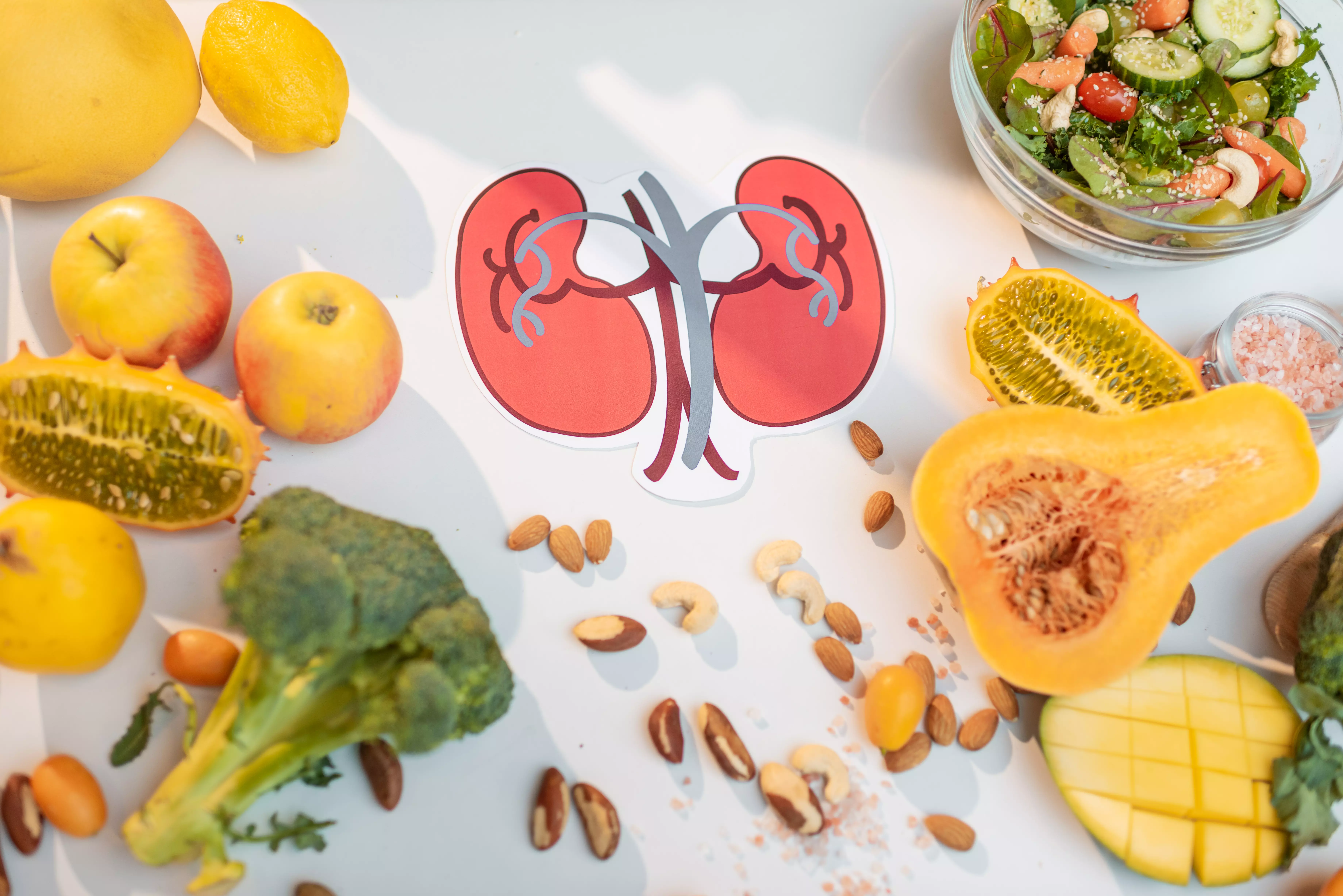Impact of poor personal hygiene on kidney health
Regular personal hygiene is extremely important for maintaining good health. However, we often forget that our hygiene habits can have a direct impact on the functioning of various organs, including our kidneys. In this article, I will present you with some facts about the effects of poor personal hygiene on kidney health, and what steps we can take to take care of our urinary system.
What are kidneys and how do they work?
The kidneys are one of the most important organs in our body. They are shaped like beans and are located in the lumbar region, on either side of the spine. The main role of the kidneys is to filter the blood, removing toxins and excess fluids. In addition, the kidneys are responsible for the production of hormones that regulate blood pressure, the production of red blood cells and the body's electrolyte balance.
In order for the kidneys to perform their functions properly, proper personal hygiene is essential. Personal hygiene includes not only washing regularly, but also taking care of our diet, hydrating our bodies and avoiding factors that can harm our kidneys.
Effects of improper personal hygiene on the kidneys
Improper personal hygiene can lead to various health problems, including kidney damage. One of the most important aspects is related to microorganisms that can penetrate our body through dirty hands, contaminated food or water.
While these microorganisms can affect our overall health, they are particularly detrimental to our kidneys. Kidney infections, such as nephritis, can be caused by bacteria that penetrate the urinary tract. Regular hand washing, especially before meals and after using the restroom, can effectively reduce the risk of kidney infections.
Diet and kidney health
An improper diet can also negatively affect kidney function. Consuming too much salt can lead to increased blood pressure and strain on the kidneys. In turn, excessive consumption of trans and saturated fats can increase the risk of kidney disease, such as kidney stones. 
An important aspect of diet that affects kidney health is also the consumption of adequate fluids. Regular hydration is essential for proper kidney function. Too little fluid intake can lead to concentrated urine and the formation of kidney stones.
How to take care of kidney hygiene?
To take care of kidney hygiene, we should follow a few simple rules. First, we should regularly wash our hands with soap and water, especially before meals and after using the restroom. We should also take care of intimate hygiene, avoiding urinary tract infections.
In addition, it is advisable to ensure a proper diet rich in vegetables, fruits, whole grains, and limit the intake of salt, trans and saturated fats. Regular hydration of the body is extremely important. The recommended amount of fluid intake is about 2 liters per day.
It is also important to avoid excessive stress, which can negatively affect the urinary system. Stress can lead to increased muscle tension and, consequently, to urinary problems.
Summary
Let's take care of our kidneys through proper personal hygiene. Washing our hands regularly, taking care of our intimate hygiene, and eating a proper diet and hydrating our bodies are key to maintaining healthy kidneys. Remember that our hygiene habits can have a direct impact on the functioning of our urinary system. Healthy kidneys are the foundation of our overall health and well-being.
Add comment